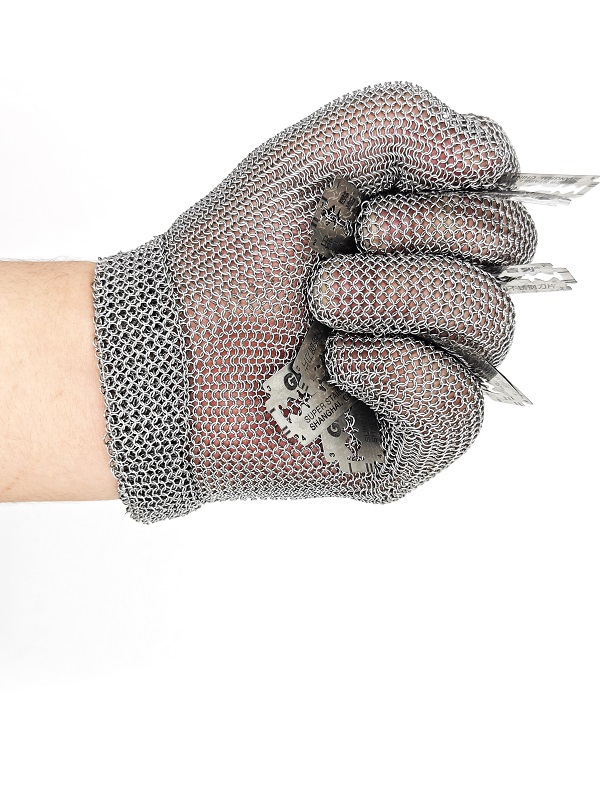


When discussing workplace safety, one common question arises: why are safety protective gloves so important across different industries? The answer lies in their ability to prevent injuries, improve productivity, and provide workers with the confidence to perform demanding tasks. Whether in construction, manufacturing, food processing, or medical applications, choosing the right safety protective glove is critical to both safety and efficiency.
A safety protective glove is a type of personal protective equipment (PPE) designed to shield the hands from potential hazards. These hazards may include:
Mechanical risks such as cuts, punctures, or abrasions
Thermal risks like extreme heat or cold
Chemical exposure from liquids, oils, or solvents
Biological risks such as bacteria and contaminants
Electrical hazards in specific work environments
By using properly designed gloves, workers can reduce the risk of injury while maintaining dexterity and comfort.
Different industries rely heavily on protective hand equipment, and the type of glove varies according to the risks involved. For example:
Construction and Manufacturing: Cut-resistant steel mesh or impact-resistant gloves protect against sharp tools and heavy machinery.
Food Processing: Stainless steel chain mesh gloves or disposable protective gloves ensure hygiene and prevent cross-contamination.
Healthcare: Medical-grade gloves provide a barrier against infections and contamination.
Oil and Chemical Industry: Chemical-resistant gloves protect workers from harmful substances.
Agriculture and Farming: Durable gloves protect from thorns, animal handling risks, and exposure to pesticides.
When selecting a safety protective glove, it is important to match the glove material and design to the job requirements. Common options include:
Stainless steel chain mesh gloves – Ideal for butchers, fish processing, and meat cutting, offering superior cut resistance.
Steel large mesh gloves – Provide both strength and breathability for long hours of wear.
Latex or nitrile gloves – Suitable for healthcare, laboratories, and cleaning tasks where chemical or biological protection is needed.
Leather gloves – Widely used in welding, heavy lifting, and construction for durability and comfort.
Heat-resistant gloves – Essential in foundries, kitchens, and glass manufacturing.
Selecting the right glove involves considering factors such as:
Work environment – Are workers exposed to sharp objects, heat, or chemicals?
Comfort and fit – Does the glove allow enough flexibility to perform tasks effectively?
Durability – How long can the glove withstand wear and tear before replacement is needed?
Standards and certifications – Does the glove meet international safety requirements for protective equipment?
By carefully evaluating these aspects, companies can ensure that their workforce has adequate protection without compromising productivity.
Investing in safety protective gloves is not only about compliance with workplace regulations but also about long-term business benefits. Proper hand protection reduces workplace injuries, minimizes downtime, and lowers medical and compensation costs. More importantly, it shows a company’s commitment to employee well-being, which helps build trust and loyalty among workers.
So, why are safety protective gloves considered essential today? The answer lies in their role as the first line of defense against a wide range of occupational hazards. From stainless steel mesh gloves in the food industry to chemical-resistant options in laboratories, each type of glove addresses specific safety concerns. By choosing the right protective hand gear, companies can create safer working environments and enhance operational efficiency.

Safety Protective Glove
For reliable and customized safety protective glove solutions, you can contact:
RETON RING MESH CO., LTD.
E-Mail: sales@rt-ringmesh.com
WhatsApp: +8618632192156